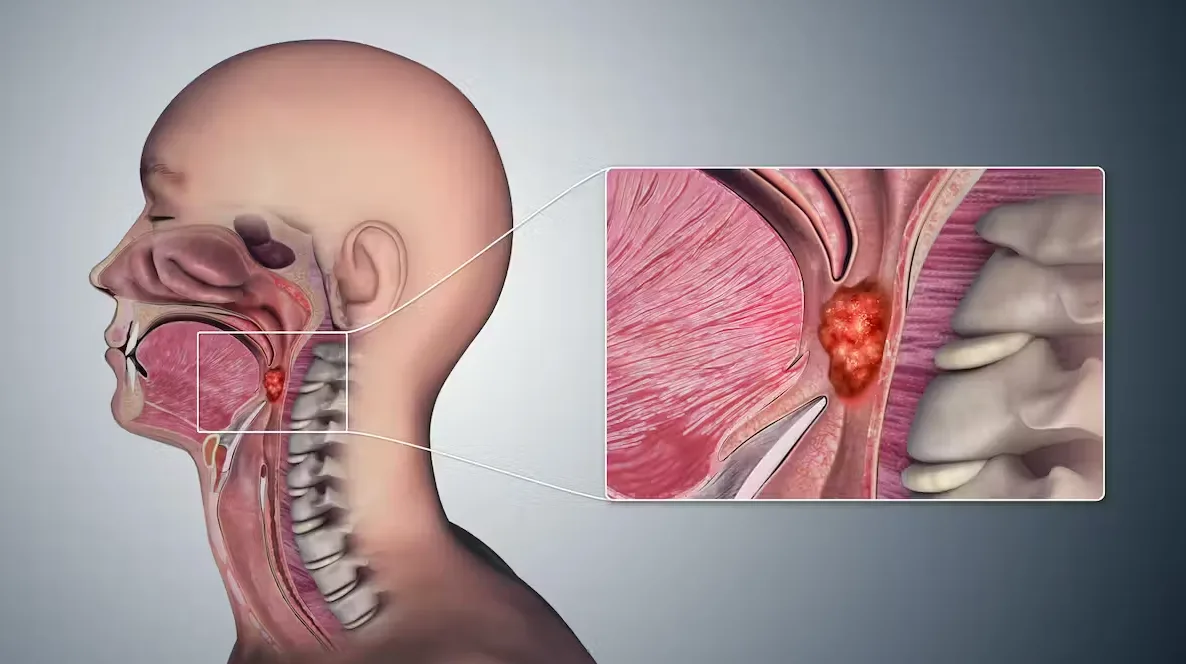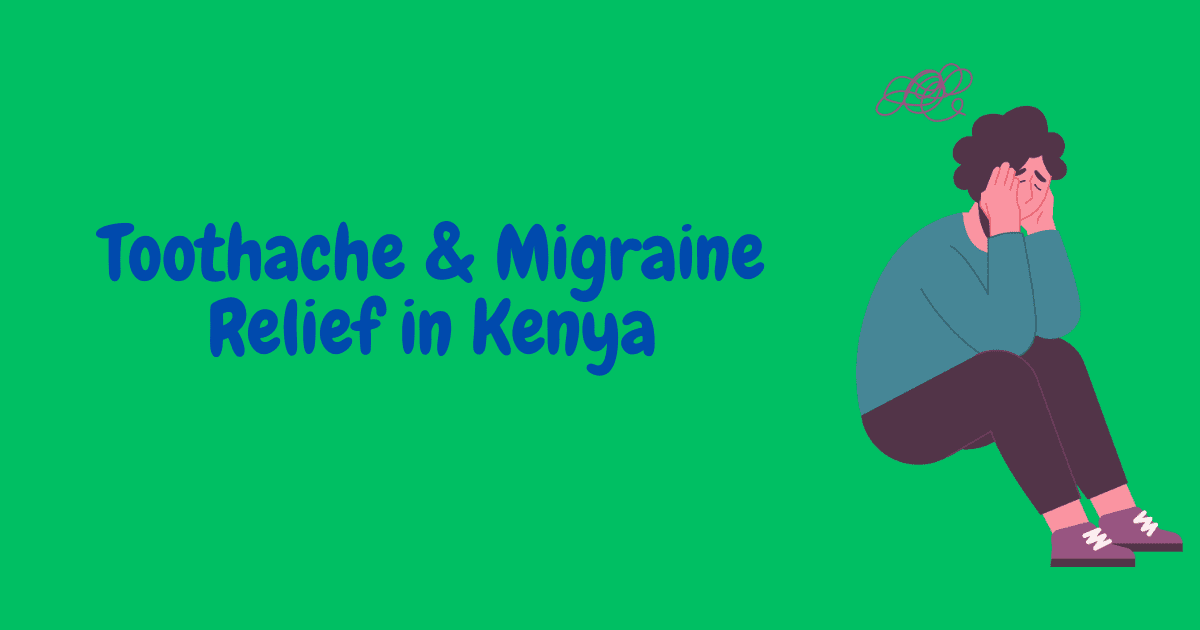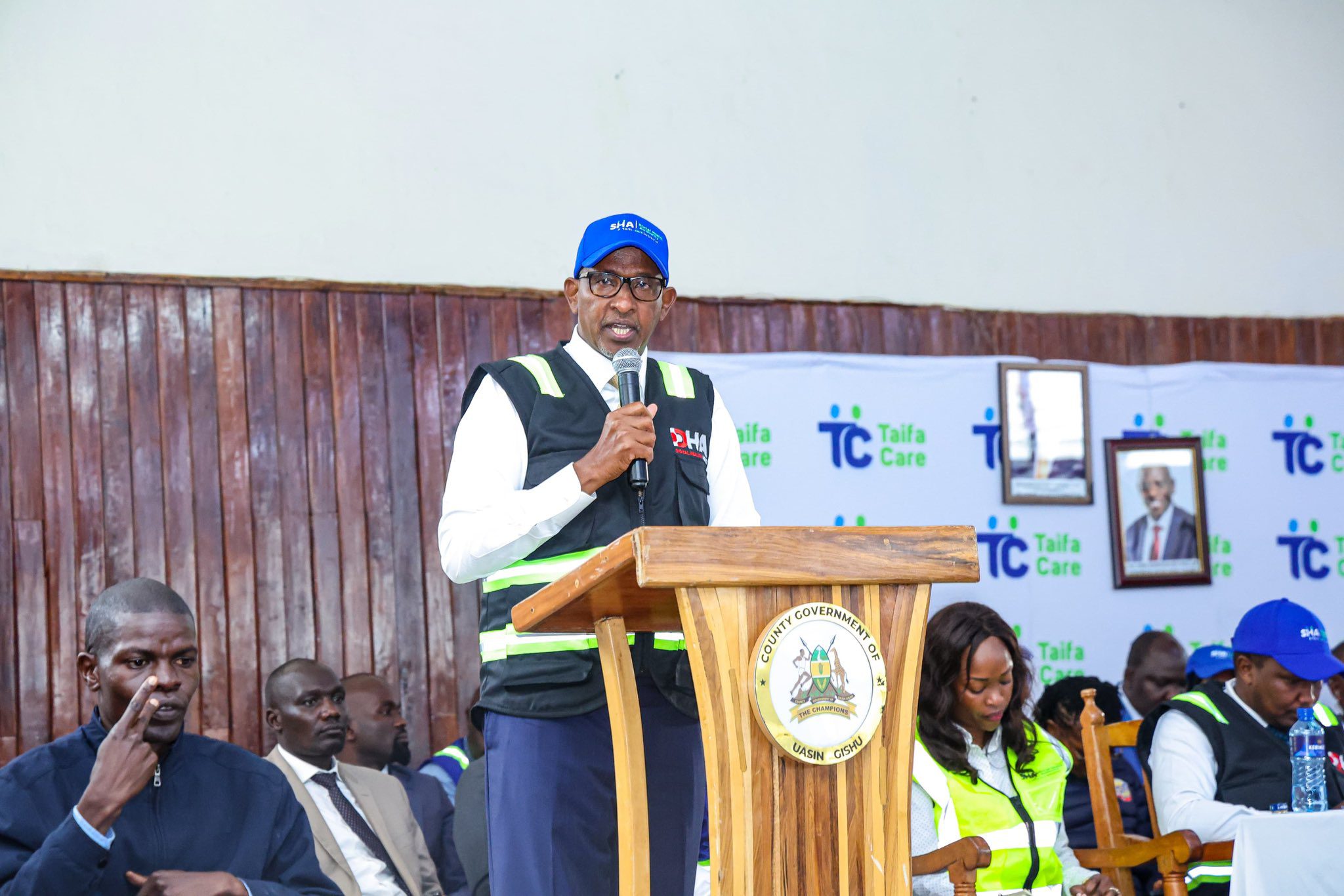New research from Europe has dropped a bombshell that should grab Kenya’s attention. Scientists studying over 4 million adults found that regular cannabis users are nearly four times more likely to develop type 2 diabetes within five years. With cannabis use skyrocketing in Kenya and diabetes already a major health crisis, this connection deserves serious consideration.
The Numbers Don’t Lie
The research paints a stark picture. Among cannabis users, 2.2% developed diabetes over five years, compared to just 0.6% of non-users. That’s a massive difference that can’t be ignored.
Scientists believe cannabis messes with your body’s ability to handle sugar properly. When you smoke or consume cannabis regularly, your cells may stop responding to insulin the way they should. Insulin is like a key that unlocks your cells to let sugar in for energy. When this key stops working, sugar builds up in your blood instead. Your pancreas tries to compensate by pumping out more insulin, but eventually it gets exhausted and gives up.
There’s also the famous “munchies” effect. Cannabis makes you crave food, often the wrong kinds. Think late-night runs to the kitchen for sugary snacks or fast food binges. While some studies suggested cannabis users might weigh less, this new research shows that weight isn’t the whole story. The real damage might be happening at the cellular level.
Kenya’s Cannabis Reality Check
The Legal Landscape
In Kenya, cannabis (locally called bhang) remains strictly illegal under the Narcotic Drugs and Psychotropic Substances Act of 1994. Get caught with it, and you’re looking at hefty fines or jail time. The government has consistently rejected calls for legalisation, even as other countries around the world change their laws.
This creates a strange situation: lots of people use cannabis, but everyone pretends it doesn’t happen because it’s illegal.
Usage is Exploding
Here’s the shocking part: cannabis use in Kenya has jumped by 90% in just five years. According to NACADA’s 2022 survey, about 518,807 Kenyans aged 15-65 currently use cannabis. That’s roughly 1 in every 53 people in this age group.
Men use it more than women, and it’s particularly popular in cities. What’s driving this surge? Many people still believe cannabis is harmless, a myth that’s proving dangerously persistent.
Kenya’s Diabetes Problem
Kenya is already fighting a losing battle against diabetes. The International Diabetes Federation estimated that over 813,300 Kenyan adults will have diabetes in 2025. Even worse, more than half don’t even know they have it.
This puts Kenya in a tough spot. The country is still dealing with infectious diseases like malaria and HIV, while chronic conditions like diabetes are exploding due to urbanisation and changing lifestyles. Adding cannabis-related diabetes risk to this mix could be catastrophic.
Why This Matters for Kenya
A Perfect Storm Brewing
Kenya could be heading for a health disaster. Rising cannabis use among young people, combined with an already serious diabetes epidemic, spells trouble. If this research is correct, we could see diabetes cases surge even higher in the coming years.
No Safety Net
Because cannabis is illegal, there’s no quality control. Users have no idea what they’re actually consuming. The stuff sold on the street could contain anything, making health risks even more unpredictable.
Silent Suffering
People using illegal cannabis aren’t likely to tell their doctors about it. This means diabetes symptoms might be missed or misdiagnosed, leading to serious complications down the road. We’re talking about heart disease, kidney failure, and nerve damage that could have been prevented.
What Needs to Happen Now
Wake Up Campaigns
Kenya needs massive public education campaigns, especially targeting young people. These campaigns should be honest about cannabis risks without being preachy. Use social media, community leaders, and peer educators to spread the word.
Better Health Screening
Doctors and nurses should start asking about cannabis use during diabetes screenings. Yes, it’s awkward given the legal status, but health comes first. Early detection saves lives and prevents complications.
Rethink Policy Approaches
Whether you support legalisation or not, ignoring cannabis use won’t make it disappear. If Kenya ever considers legal reform, it must come with strong public health protections: quality standards, age restrictions, health warnings, and robust monitoring systems.
The Bottom Line
We don’t yet have absolute proof that cannabis causes diabetes, but the evidence is concerning enough to take seriously. Kenya can’t afford to wait for perfect research while potentially preventable cases of diabetes pile up.
For individual Kenyans, the message is simple: cannabis might not be as harmless as you think. For policymakers, it’s time to have honest conversations about drug policy that put public health first. The cost of inaction could be measured in thousands of lives affected by preventable diabetes complications.
The choice is ours: act on this warning now or deal with the consequences later when it might be too late.













Leave a Reply